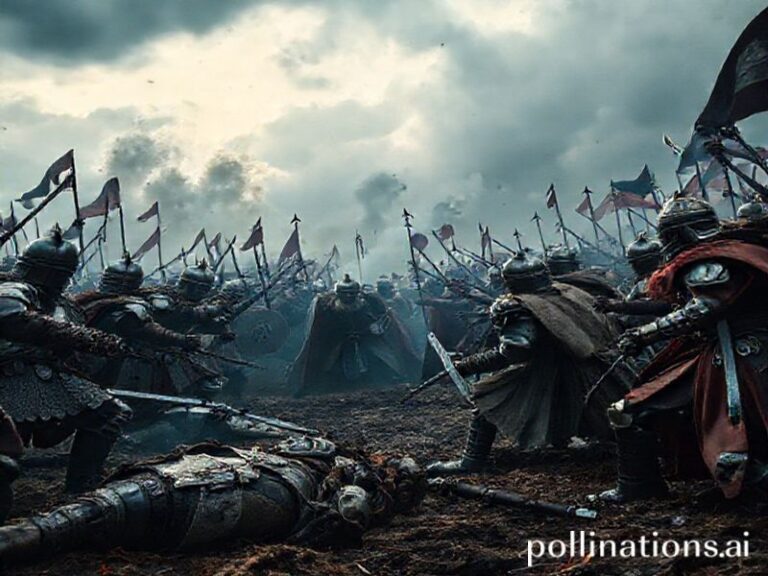Hannah Hampton: The Last Line of Defense in a World That Can’t Save Anything
Hannah Hampton: The Goalkeeper Who Makes Brexit Look Like Amateur Hour
By the time you read this, Hannah Hampton has probably saved more shots than the Bank of England has saved face, and with considerably fewer press conferences. The 23-year-old Aston Villa and England custodian’s latest master-class—an 87th-minute penalty denial against Spain in the Nations League—sent a ripple that reached well beyond the Midlands. From barstools in Buenos Aires to betting kiosks in Bangkok, the clip looped under headlines heralding “England’s new wall,” a phrase that would make Donald Trump weep into his Big Mac if he ever learned other countries still have functioning borders.
Yet Hampton’s rise is not merely a feel-good parable about plucky Anglo-Saxon grit. In a world where every geopolitical move is live-tweeted by underpaid interns, her glovework offers the rare spectacle of competence without a manifesto. Consider the timing: while G7 finance ministers were busy arguing whether debt is a four-letter word, Hampton quietly proved that reflexes still beat rhetoric. If only the World Bank could recruit her for those interminable Zoom summits; one suspects she’d parry fiscal crises with the same nonchalance she shows to 30-yard screamers.
Internationally, her story lands with particular sting in places where women’s football is still treated like an optional garnish. In Saudi Arabia, whose sovereign wealth fund just bought half of global sport for pocket change, officials watched the highlights through the veil of “Vision 2030,” presumably wondering if Hampton could be naturalised before the 2034 World Cup they’re hosting—because even absolute monarchies appreciate a safe pair of hands. Meanwhile, in the United States, Fox Sports executives salivated at the thought of a transatlantic star who can both speak fluent TikTok and actually stop goals, a combination their domestic league has been hunting since 1999.
The broader significance, though, is darker and more delicious. Hampton’s ascent coincides with an era when institutions we once trusted—governments, banks, social media platforms—appear to be operated by people who couldn’t keep a clean sheet in a five-a-side against toddlers. Her penalty save statistics now feel like a rebuke to every algorithm that promised us optimized outcomes but delivered only targeted ads for socks. Every fingertip stop is a quiet reminder that skill still matters, even if the economy is run by hedge-fund astrologers and your refrigerator is judging your diet.
Europe, still nursing the hangover of a pandemic and an energy crisis, has latched onto Hampton as proof that something somewhere still works. Italian newspapers—never a group to under-dramatise—compared her to a renaissance fresco: technically immaculate, slightly underfunded, and miraculously still standing. In France, where the national team is busy imploding over image rights and existentialism, L’Équipe suggested Hampton could give lessons on how to organize a defense without first organizing a strike.
Of course, the cynics among us (hello, welcome to Dave’s Locker) know this honeymoon ends the moment she misplaces a goal-kick. The British tabloids have already queued the puns: “Hampton It Up,” “Hampton Court-in’ Disaster,” and other crimes against language. Sponsors circle like polite vultures, offering hydration deals and crypto endorsements, ready to bolt the instant her Instagram engagement dips below prime ministerial approval ratings. It’s the modern athlete’s Faustian bargain: become a global icon today, become a meme tomorrow.
Still, for now, Hannah Hampton remains what the world pretends to want and rarely gets—evidence that excellence is not extinct, merely endangered. While diplomats trade sanctions like Pokémon cards and billionaires race to Mars because Earth is too last season, she stands in her six-yard box, unbothered, unbought, and improbably effective. In that small rectangle of grass, the rest of us glimpse the radical notion that maybe, just maybe, some walls are worth building—and some people still know how to defend them.







